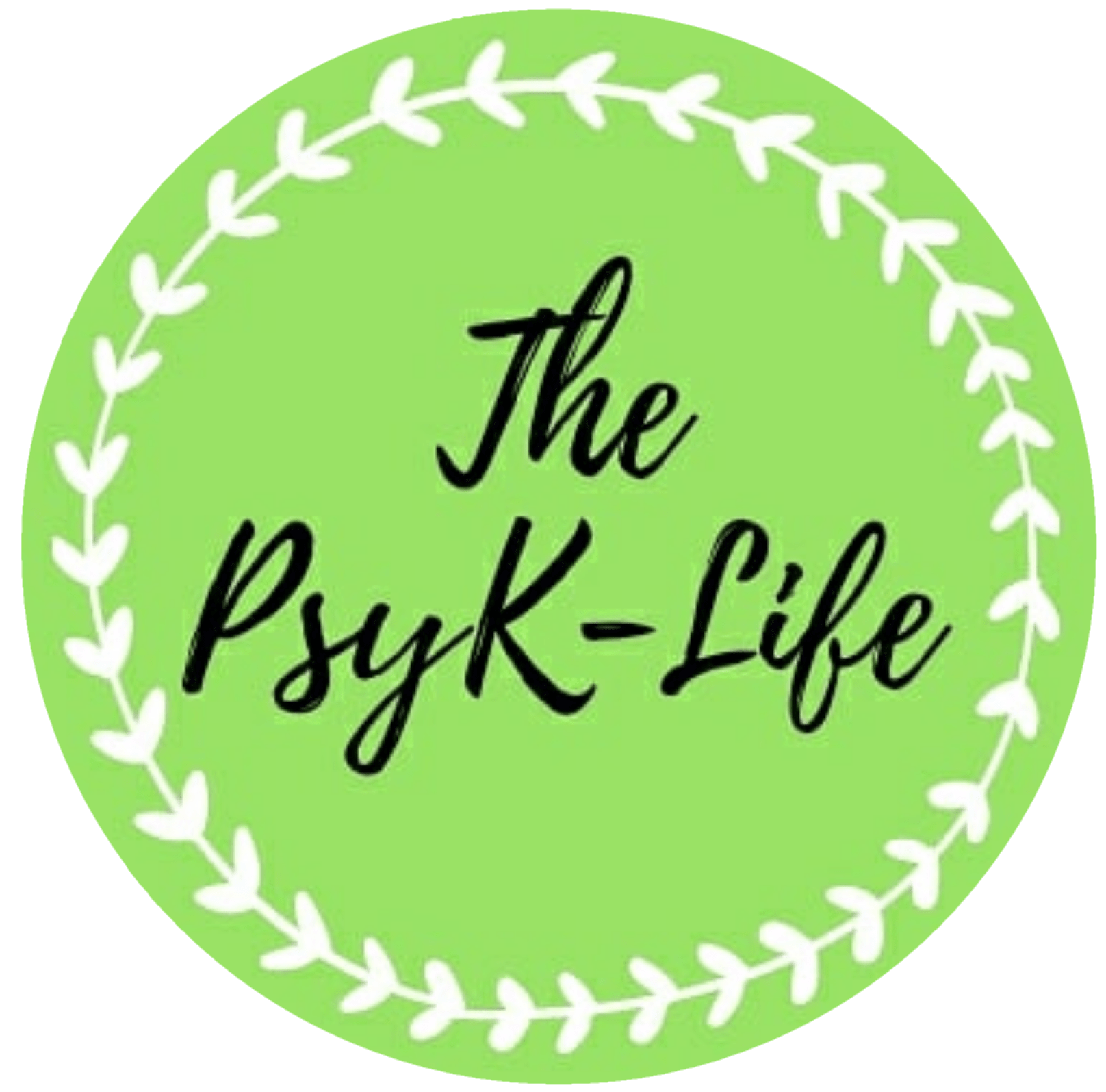Sleep is a naturally recurring state of reduced consciousness and decreased physical activity in most animals, including humans. It is an essential part of the daily biological rhythm and is characterised by altered brain activity, reduced responsiveness to the environment, and changes in physiological processes. During sleep, the body undergoes a series of complex and dynamic processes that contribute to overall health, well-being, and cognitive function.

The science of sleep, known as sleep science or somnology, is a multidisciplinary field that investigates the various aspects of sleep, including its functions, physiological processes, and disorders. Sleep is a fundamental aspect of human life and is crucial for overall health and well-being. It is a complex and dynamic process that involves distinct stages and cycles, each with specific functions and characteristics.
Sleep is a significant topic within the field of psychology, and it has been extensively studied from various perspectives. Sleep psychology encompasses research and theories related to the cognitive, emotional, and behavioural aspects of sleep, as well as its impact on mental health and well-being.
Sleep has a profound impact on both mental and physical health. Adequate and restful sleep is essential for maintaining optimal cognitive function, emotional well-being, and overall physical health. Here are some examples of how sleep affects mental and physical health in psychology:
Emotional Regulation:

- Sufficient sleep is vital for emotional regulation, helping individuals manage stress, anxiety, and emotional responses.
- Inadequate sleep can lead to increased irritability and mood swings. It may also exacerbate symptoms of mood disorders, such as depression and anxiety.
For example, someone who consistently gets enough sleep is more likely to handle daily stressors in a balanced manner, while sleep deprivation might lead to heightened emotional reactivity and difficulty managing emotions.
Mental Health and Sleep Disorders:

- Sleep disorders can significantly impact mental health. Conditions like insomnia, sleep apnea, and narcolepsy can contribute to increased feelings of fatigue, mood disturbances, and impaired cognitive functioning.
- Individuals with insomnia, for instance, may experience negative effects on their mental health due to chronic sleep deprivation and the frustration of not being able to sleep well.
Performance and Productivity:

- Adequate sleep positively influences cognitive performance, attention, and decision-making abilities, leading to improved productivity in daily activities and work-related tasks.
- Sleep deprivation can lead to decreased alertness and concentration, negatively impacting job performance and academic achievement.
- For example, an employee who regularly gets enough sleep is more likely to be productive and focused at work compared to a sleep-deprived employee who may struggle with tasks and decision-making.
Stress Reduction and Resilience:

- Adequate sleep is essential for managing stress and building resilience. During sleep, the body’s stress response system is regulated, and cortisol levels (the stress hormone) are reduced.
- Sleep deprivation can make individuals more susceptible to stress, leading to an increased risk of burnout and mental health issues.
- For example, a person who gets enough sleep regularly may be better equipped to handle stressors and recover from challenging situations compared to someone who is sleep-deprived and more vulnerable to stress.
Decision-making and Judgment:

- Sleep is vital for clear thinking and sound judgment. A well-rested mind is more capable of making rational decisions and avoiding impulsive behaviour.
- Sleep deprivation can impair cognitive function, leading to poor decision-making and risky behaviours.
- For example, a person who consistently gets adequate sleep is more likely to make better choices in various aspects of life, such as financial decisions and personal relationships.
Physical Performance and Exercise:
- Sleep plays a significant role in athletic performance and physical recovery. During deep sleep, the body repairs and strengthens muscles and tissues.
- Sleep deprivation can lead to reduced physical performance, slower reaction times, and increased risk of injuries during physical activities.
- For example, athletes who prioritise quality sleep as part of their training regimen may experience improved athletic performance and reduced risk of injuries.
Physical Health:

- Sleep is crucial for physical health and immune function. During deep sleep, the body releases hormones that support tissue repair, growth, and immune system regulation.
- Sleep deprivation has been linked to an increased risk of developing chronic health conditions, such as obesity, cardiovascular diseases, and diabetes.
- For example, a person with consistent sleep deprivation may be at a higher risk of obesity due to disruptions in hormones that regulate appetite and metabolism.
Immune Function:
- Sleep is essential for a healthy immune system. During sleep, the body produces cytokines, which are proteins that help fight infection and inflammation.
- Sleep deprivation can weaken the immune system, making individuals more susceptible to illnesses and infections.
- For example, a person who consistently gets enough sleep is more likely to have a robust immune system and recover more quickly from illnesses.
In conclusion, sleep is a foundational pillar of mental and physical well-being. A regular and restful sleep pattern is vital for cognitive function, emotional stability, physical health, and overall quality of life. As researchers continue to explore the intricate relationship between sleep and human health, it becomes increasingly evident that prioritising sleep is essential for maintaining a healthy and balanced lifestyle.




